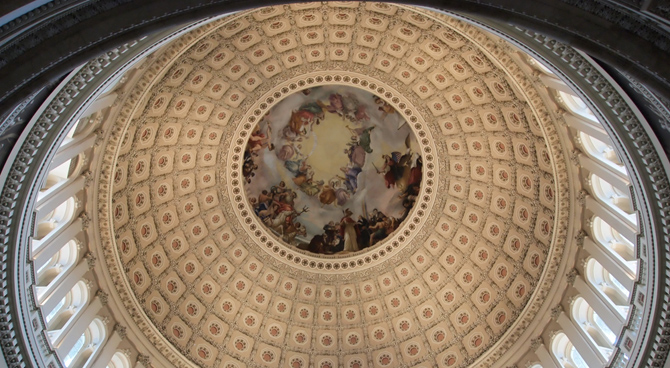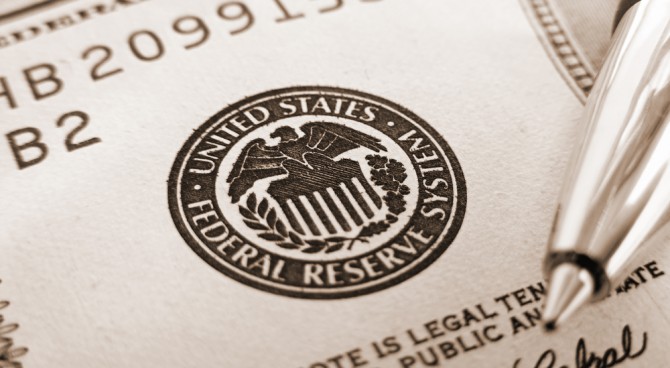The U.S. must not turn away from its main advantages: free markets and limited government.
By Phil Gramm and Mike Solon
March 1, 2022 2:13 pm ET
As the U.S. pounds plowshares into swords for a second Cold War, lessons from the first one may serve those who care to consider them. The American policy of peace through strength, market-driven economic growth, and open trade defeated the Soviet Union. The emerging conflict with China, excepting the military threat to Taiwan, will for the foreseeable future be almost entirely economic. That will make it unlike the military conflicts with the Soviet Union and its proxies in Eastern Europe, Korea, Vietnam, Cuba and countless global insurrections. If the U.S. maintains peace through strength, it can lose this struggle only by forfeiting the source of its economic success: economic freedom.
China is currently expanding government dominance of its economy and suffering a concomitant reduction in economic growth, tech-stock valuations and employment. If President Biden and Congress have their way, Chinese-style industrial and antitrust policies will soon come to the U.S. The America Competes Act is the House’s effort to outdo the Chinese Communist Party’s latest five-year plan. The 2,900-page bill would make an old Soviet commissar blush. The Senate version of the bill is better, but why would Republicans try to compete with China in a way they know doesn’t work when they are heavily favored to win back control of Congress in November?
America’s success in the world economy has never depended on industrial policy or government subsidies. It has come from the relative absence of government planning and subsidies. This is hardly news. The U.S. government provided support for the efforts of Samuel Langley, the greatest aviation expert of the 1890s, in his effort to make America first in powered flight. His manned Aerodrome flopped into the Potomac River. It was the Wright brothers, two unsubsidized but determined bicycle makers from Dayton, Ohio, who flew at Kitty Hawk, N.C., and changed the world.
There has always been an element in American society that views government intervention in the economy as a source of progress. “I have been over into the future and it works,” proclaimed the muckraking Progressive-era journalist Lincoln Steffens after a 1919 visit to the Soviet Union. New Deal socialists were similarly inspired. After postwar Japan achieved 20 years of extraordinary success, with annual economic growth of 9.6% from 1950 through 1972, many American politicians sought to emulate the Japanese system, in which government, unions and businesses all sat down together to plan for growth.
Now, as the Chinese Communist Party devastates the once-feared Chinese high-tech industry and sends capital down the sinkhole of government-sponsored industries, some Americans are again attracted to the political power flowing from an economic system that doesn’t work. No logical argument about efficiency will sway them, since efficiency was never their objective. But what has greater government involvement in the Chinese economy wrought? Only dramatic deceleration of economic growth, massive destruction of the tech industry—with its equity value falling some 50%—and a regulatory and antitrust approach based on the principle that only government should be big and powerful.
Government didn’t build America. Thomas Edison, Andrew Carnegie, J.P. Morgan, Bill Gates, Warren Buffett and millions of investors, innovators and small-business people you’ve never heard of did that. No nation can stifle the genius of someone like Jack Ma and have any hope of becoming the world’s dominant economy. In all probability China has hundreds of Jack Mas who will never be discovered as they try to do business under a system that one Chinese investor described as “restrict this, cancel that, regulate this, censor that.”
The greatest economic liberator in the postwar world was Deng Xiaoping, not Margaret Thatcher or Ronald Reagan. His reforms starting in 1978 turned a stagnant, starving Chinese economy into an economic powerhouse. He did it by reducing the role of government in the Chinese economy, which permitted the natural entrepreneurial ability and genius of the Chinese people to generate an economic miracle. But as market freedom grew to challenge the power of government, the Communist Party choked off freedom.
China may turn its back on its success but the U.S. doesn’t have to follow its lead. If there’s going to be a competition, then let it happen on an American playing field, not a Chinese one. Rather than struggling to pass the least bad competitiveness bill now, Republicans should focus on instituting a spending pause to stop the inflation and winning the 2022 congressional elections. Empowered by the American people, Republicans could pass a competitiveness bill next year that makes the 2017 tax cuts permanent, imposes work requirements for able-bodied adults receiving welfare benefits, expands employment, fixes America’s supply chain, and funds scientific research.
A more competitive America requires resurrecting and strengthening fiduciary standards to guarantee that retirement and mutual funds act in investors’ interests, using appropriation riders to stop the oppressive regulatory and antitrust overreach of Mr. Biden’s regulators, lifting H-1B visa quotas to allow more legal immigration by those who have skills America needs, and giving every foreign graduate in key business and technical areas green cards along with degrees. The country needs their hands, minds and hearts.
It is time to revitalize the system that made America the world’s economic colossus, won the Cold War, and moved billions out of poverty world-wide, including hundreds of millions in China. No nation will ever be as productive as the U.S. while the American economy is powered by limited government, economic freedom, and free markets.
Mr. Gramm is a former chairman of the Senate Banking Committee and a visiting scholar at American Enterprise Institute. Mr. Solon is a partner of US Policy Metrics.





